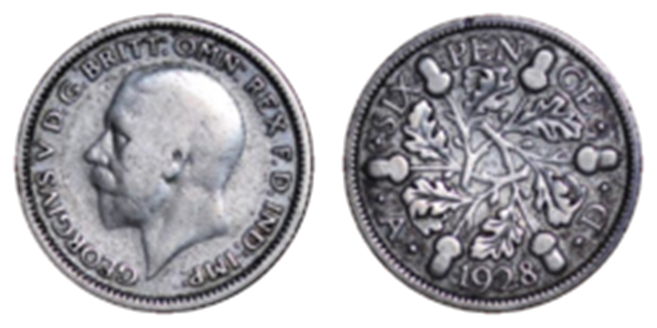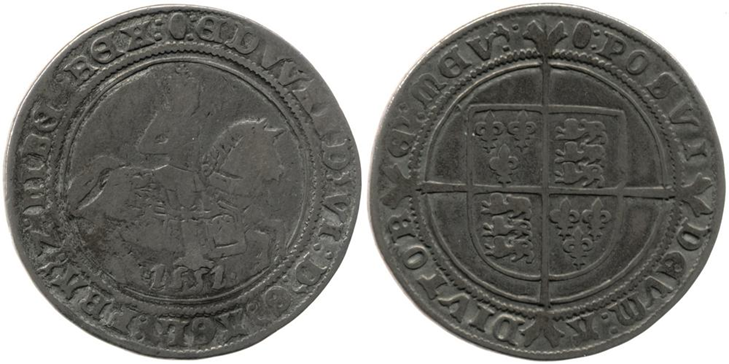At the first meeting of the year we thought about dates. Not romantic ones but on coins.
why are coins dated?
1928
sixpence unusually had the letters AD with the date
What Year Did They Start Putting
Dates on Coins?
According to The Guinness Book of
World Records, a Samian Silver Tetradrachm struck in Zankle (modern-day
Messina) in Sicily is the earliest coin with a date. It is dated year 1 (viz
494 BC) in the form of the letter ‘A’ at one end.
Some ancient coins have regnal
years and others can be dated by reference to civic roles such as Consulship.
The same record reference book
lists a Silver Penning as the earliest
Christian Era or AD-dated coin. This coin was struck and/or issued by the
Bishop of Roskilde, Denmark. This silver coin features a bishop’s hat on the
reverse and a crown on the obverse. It also includes the legends +ANNO DOMINI
on the obverse and the AD date MCCXXXIIII (1234) on the reverse.
The Hungary Silver Denar with
Madonna and Child (c. 1450-1620), is another coin with a date that is
significant. This silver coin, among the first to show a full date, features an
image of the Madonna, the Patron Saint of Hungary, holding the baby Jesus (reverse).
The legend “PATRO HVNGA” (“Patron Saint of Hungary”) followed by the full date
(year) surrounds the Madonna and Child image. It is not uncommon to find the
date obscured—a result of crude coin manufacturing methods used at the time.
The obverse features the Hungarian Royal Coat of Arms. Though coins had dates
on them prior to the 13th century, coins using the calendar numbering system we
use today did not appear until 1234 A.D.
The first dated coins in England
were in two pattern shillings dated 1547 with mm ,Rose, is dated MCXLVII and
dated MDXL7.



No comments:
Post a Comment